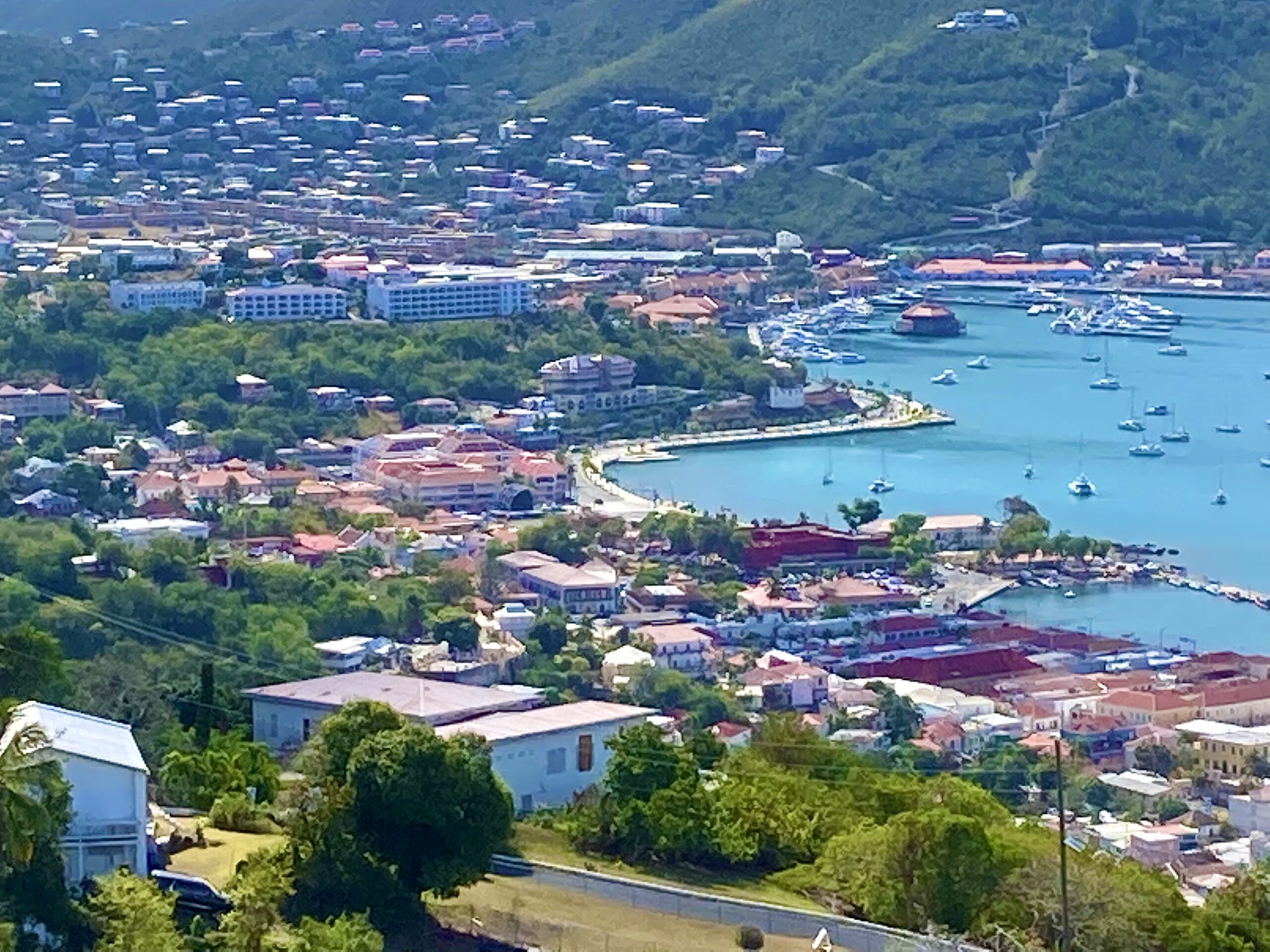
Getting insurance coverage for a wooden structure in the Virgin Islands could be much more difficult than it was a year ago, industry experts said Saturday.
Rates, controlled by the Virgin Islands government, haven’t gone up. But less expensive insurance policies have disappeared. In one case, a St. Croix homeowner looking to renew their insurance recently found the new policy offered was 25 percent more expensive.
The extra cost doesn’t come from local insurers, said John Harper, president of Marshal and Sterling Insurance, but from insurance companies that insure insurance companies — called reinsurers. Local insurance companies depend on this reinsurance, especially in disaster-prone areas, to cover them in case everyone files a claim at once, such as after two Category 5 hurricanes in a row.
Wooden structures are a higher risk than reinforced masonry structures, Harper said.
“The market has been hardening for a couple of years, back to 2017 when the hurricanes hit,” he said. “But it’s gotten much worse in the last 12 months or so. It’s because world conditions have caught up with us.”
Citing wildfire risks and construction costs, State Farm stopped issuing new home insurance in California in May. Insurer American International Group, better known as AIG, severely cut back what homes it would cover in the state. Then, in early June, it announced limits on policies to flood or fire-prone areas of New York, Delaware, Florida, Colorado, Montana, Idaho, and Wyoming.
Harper, who has sold insurance in the territory for 36 years, said he’s seen this happen before. A scarcity of insurance and the inevitable higher rates incentivizes new insurance companies willing to take greater risks. It may cost more for a while, however.
“We’ve been through several of these cycles — sometimes related to disasters and sometimes related to world conditions,” he said. “The Florida market is actually in worse shape than we are now.”
Harper said he has faith that the Virgin Islands Division of Banking, Insurance, and Financial Regulation will address the problem correctly. Glendina Matthew, the division’s acting director, said her office was working on a bulletin and media advisory Thursday.
Sandra Harty, president of the V.I. Insurance Association, said wood-framed homes may have been feeling the sharpest sting, but everyone is affected.
“Many companies, because of the lack of windstorm capacity currently being experienced worldwide and inflationary times, are weeding their book of business by being selective in what they will now write and so wooden or frame homes are some of the first to be removed,” Harty said.
Other properties may also be denied or not renewed, too, such as substandard construction or poorly kept properties or structures that are badly underinsured.
“For frame homes, maybe if the insured can do without windstorm insurance and are able to secure fire insurance, they could try to see if that is available. If their property is mortgaged, they should speak with their bank and insurance broker to see what kinds of creative solutions they can come up with. In the meanwhile, they need to secure their homes as best as possible to mitigate against windstorm damage,” she said.


